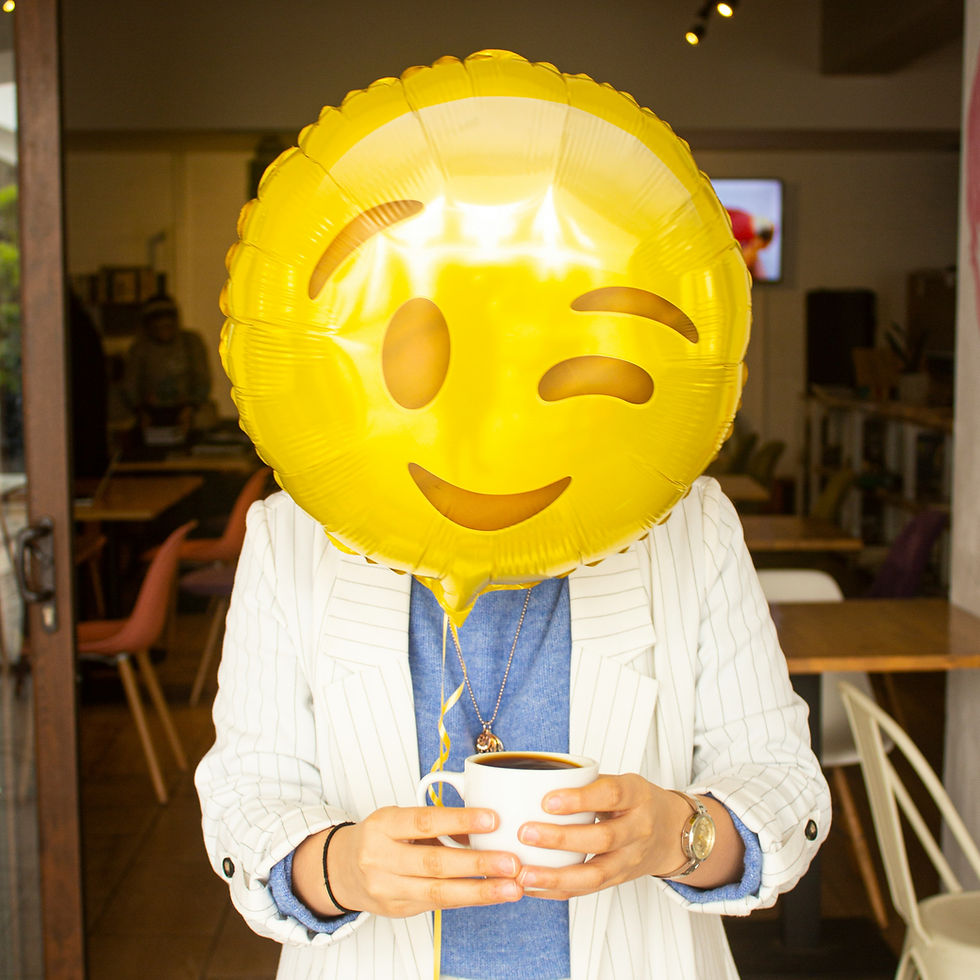Sleep Disturbances and Depression: The Vicious Cycle and Approaches for Restoring Balance
- Trish Stephens

- Sep 23, 2025
- 3 min read

Sleep and mental health are deeply intertwined. When we struggle with depression, restful sleep often feels out of reach—nights become restless, mornings heavier, and fatigue lingers no matter how much time we spend in bed. At the same time, disrupted sleep worsens mood, drains resilience, and intensifies negative thinking. This creates a vicious cycle: depression interferes with sleep, and poor sleep feeds depression. Understanding this cycle and exploring ways to restore balance is a powerful first step toward healing.
The Connection Between Sleep and Depression
Sleep disturbances are one of the most common symptoms of depression. For some, this means difficulty falling or staying asleep (insomnia). For others, it looks like sleeping longer than usual yet never feeling rested (hypersomnia). In both cases, the body and mind are deprived of the deep, restorative rest they need.
When the brain doesn’t enter restorative sleep cycles, regulation of mood-related neurotransmitters—such as serotonin and dopamine—is disrupted. This imbalance heightens irritability, sadness, and difficulty concentrating. Over time, fatigue and low energy can also reinforce the belief that things will never improve, compounding feelings of hopelessness.
How the Cycle Strengthens Itself
Depression fuels insomnia or hypersomnia, making it harder to fall asleep or to wake with energy.
Poor sleep increases emotional reactivity, making small stressors feel overwhelming.
Increased stress and rumination at night make sleep even more elusive, deepening exhaustion.
Daytime fatigue and low mood reinforce avoidance, isolation, and further withdrawal.
This cycle can feel relentless, but psychotherapy offers structured approaches to break it.

A Psychotherapeutic Approach to Restoring Balance
From a therapeutic perspective, sleep difficulties are not just physical—they are influenced by thoughts, emotions, and behaviors that can be shifted with intentional strategies.
Cognitive Behavioral Therapy for Insomnia (CBT-I): This specialized form of CBT helps identify and change unhelpful sleep-related thoughts such as “I’ll never be able to sleep” and introduces behavioral strategies like consistent wake times, reducing time spent awake in bed, and building a realistic sleep routine.
Challenging Negative Thought Cycles: Depression often breeds self-critical or hopeless thinking, which can magnify nighttime rumination. Learning to recognize and gently reframe these patterns can quiet the mind and allow space for rest.
Behavioral Activation: Small, structured activities during the day promote both physical tiredness and a sense of accomplishment—two factors that support healthier sleep patterns. Even small steps such as a short walk, preparing a nourishing meal, or connecting with a supportive friend can begin to shift mood and restfulness.
Mindfulness and Relaxation Practices: Simple relaxation techniques—like progressive muscle relaxation, meditation, or gentle breathing—send signals to the nervous system that it is safe to release tension, helping the body prepare for sleep.
Compassionate Sleep Hygiene Adjustments: Limiting screen use before bed, creating a calming sleep environment, and cultivating a pre-sleep winding down routine are all practical steps. These work best when paired with gentle self-compassion rather than pressure to sleep perfectly.
Moving Toward Healing
It’s important to remember that difficulty sleeping when depressed is not a sign of weakness or failure. It is a symptom of a very real condition, one that benefits from understanding, patience, and guided support. With therapeutic tools, it’s possible to reduce the grip of this cycle, improving both mood and sleep in meaningful ways.
If you are ready to take the next step and want to book an appointment, please click here to book with me, Trish. Together, we can develop strategies to help you reclaim restful nights and brighter days.




Comments